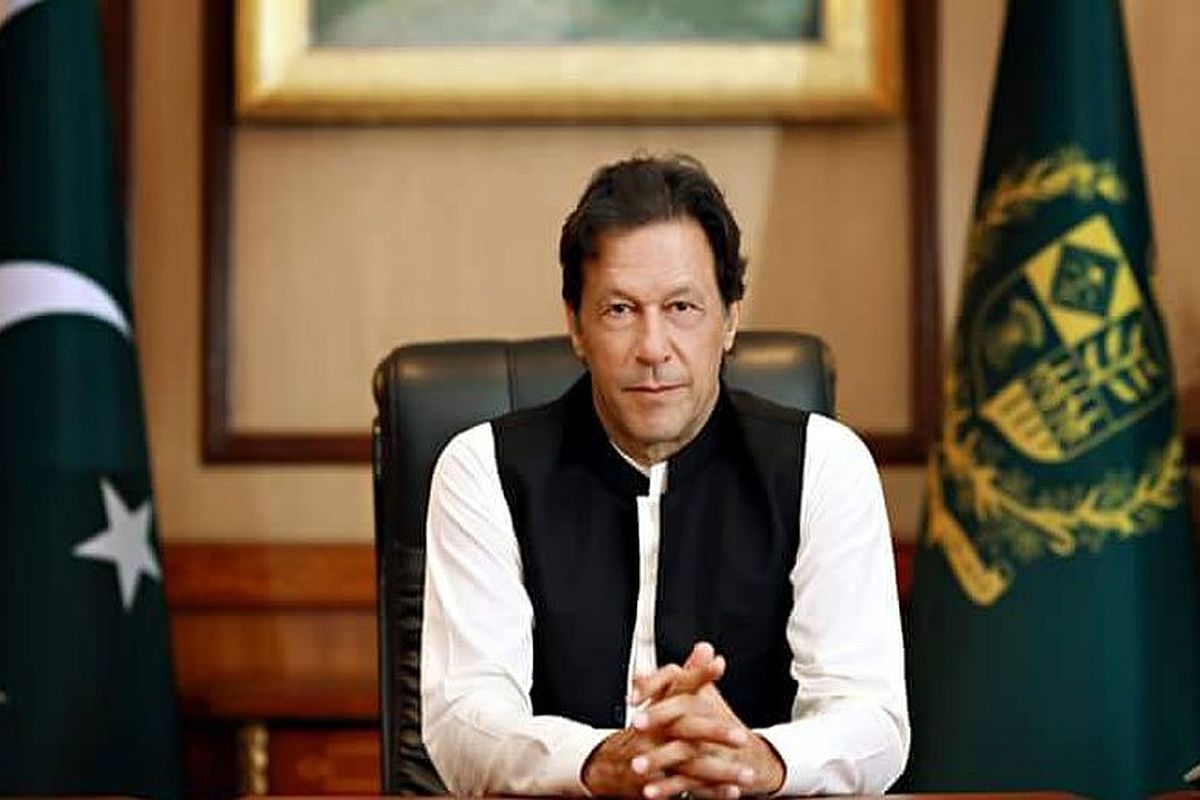The victory of former Prime Minister Imran Khan’s Pakistan Tehreek-i-Insaaf in by-elections held to the National Assembly must send shock waves through the political and deep state establishment in the country. While not entirely unexpected, because Mr Khan has since his ouster managed to paint himself as the victim of a huge conspiracy and had gathered considerable traction in public rallies by projecting himself as the honest alternative to a set of corrupt rivals, the victories are significant because they will reinforce his demand for fresh national elections.
During the campaign, Mr Khan had dubbed the bye-elections as a referendum on his demand; he will now shrill from the rooftops that the need for early elections has been endorsed by the electorate. It is quite another matter that flood-ravaged and economically battered Pakistan is hardly equipped to hold elections. And of course, those in power will choose the moment they consider most opportune, or least inopportune, to conduct an election, or even prefer to allow the legislature to reach the end of its term. But one thing is certain. Emboldened by his triumph, Mr Khan can be expected to exploit the sticky wicket Prime Minister Shahbez Sharif is already on.
Advertisement
For the record, Mr Khan’s party won by comfortable margins in six of the seven bye-elections. While the loss of actress Mehar Bano Qureshi, the daughter of former Foreign Minister Shah Mahmood Qureshi and a confidante of Mr Khan, in Multan will doubtless be a setback, overall, it seems the PTI’s spirited rhetoric after it was ousted has not just drawn crowds, but even voters. Except in Karachi, all the contests saw large turnouts. A triumphant Mr Khan has already announced plans to take his party to the streets to demand early polls. The most crucial factor in the political equation remains what Pakistanis call the establishment ~ a euphemism for the Army which along with the ISI controls the levers of governance.
In his post-election remarks, Mr Khan seemed to admit that he was conducting parleys with the Army, when asked to comment on reports that he had met secretly with the country’s top four generals. Army Chief Qamar Javed Bajwa’s extended term will end on 29 November, but he will remain an important figure in the determination of his successor. Last month, Mr Khan had caused a flutter by suggesting that General Bajwa should get yet another extension, but later backtracked to say he wanted him to stay in office only until elections are held. PM Sharif will doubtless want a successor who he thinks is not soft on Mr Khan.
But the role of the Army chief, whoever he might be, will be determined as much by domestic compulsions as by external pressures. In sum, while the by-election results are a shot in the arm for Mr Khan, he has a long and tortuous road to travel if he is to return to the Prime Minister’s office.
A version of this story appears in the print edition of the October 19 , 2022, issue.











